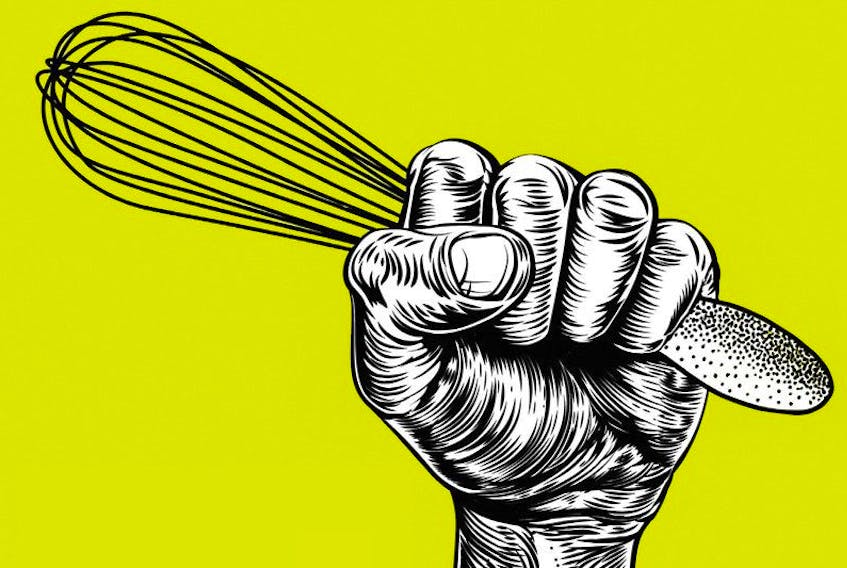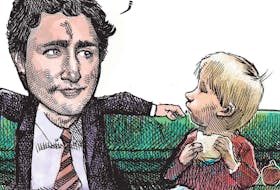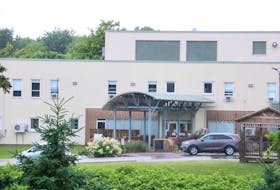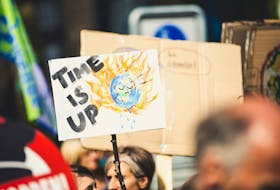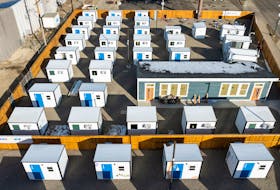By Dimitrios Panagos

One measure of the health of any liberal democracy is the degree to which its citizens participate in elections. It is now the case that, in both federal and provincial elections, Aboriginal Canadians consistently participate at lower levels than their non-Aboriginal counterparts.
Yet, there is very little in the academic literature on Aboriginal political behaviour. The work that does exist posits a number of possible reasons for this lower rate of participation: the most concerning is the different views held by Aboriginal and non-Aboriginal citizens on questions about the legitimacy of federal and provincial institutions of government.
From the point of view of Aboriginal Canadians, the legitimacy of these institutions is problematic in at least two ways.
First, these institutions are “alien” in the sense that they were imposed on Aboriginal peoples as a result of settler-state colonialism. This form of colonialism led to the destruction of Aboriginal political authority and the creation of non- Aboriginal forms of government. Evidence illustrates that some Aboriginal Canadians stay away from the ballot box as a way of resisting the political authority of these “alien” governments.
These seats would guarantee that a certain number of Aboriginal citizens would be present in every legislative session.
Second, these institutions, which employ the first-past-the-post principle, create structural disadvantages for populations that are small and dispersed. Given the fact that Aboriginal citizens constitute numerical minorities in many provinces and territories, and the fact that these same citizens are, for the most part, dispersed throughout the country, the ability of Aboriginal citizens to shape the outcome of elections is generally limited. When minority voters are confronted with these sorts of structural problems, they arguably have good reason to skip the voting booth.
The House of Assembly in Newfoundland and Labrador, like all of its counterparts in Canada, is subject to these two legitimacy problems. A number of scholars have argued that changing existing electoral boundaries to recognize “communities of interest” is one way to address the latter legitimacy problem. However, focusing on electoral boundaries will not address the former legitimacy problem stemming from the usurpation of Aboriginal political authority.
One possible way to address both of the problems of legitimacy, in a fashion that is reasonably cost-neutral, is to adopt the New Zealand model and create “reserved Aboriginal seats” in the legislature. These seats would be “reserved” in the sense that they would be elected solely by members of the Aboriginal population and only Aboriginal citizens could hold these seats. Creating reserved Aboriginal seats would require the creation of two different electoral rolls, and providing Aboriginal Newfoundlanders and Labradorians with the choice of either registering on an Aboriginal electors’ roll or a general electors’ roll. Aboriginal voters on the former roll would elect the Aboriginal individuals who would hold the reserved Aboriginal seats and the other voters on the general roll would elect the remaining MHAs who would be either Aboriginal or non-Aboriginal citizens.
Reserved Aboriginal seats in the House of Assembly would address both types of legitimacy problems. In terms of the structural disadvantages that stem from the fact that the Aboriginal population is a numerical minority, the existence of these seats would offset some of the negative impacts of this factor. Since non-Aboriginal people could not vote for the reserved Aboriginal seats, the electoral results in these instances would be solely determined by Aboriginal voters.
In terms of the problems of legitimacy stemming from the usurpation of Aboriginal political authority, reserved Aboriginal seats are one way of highlighting the unique place of Aboriginal peoples in the province. These seats would guarantee that a certain number of Aboriginal citizens would be present in every legislative session. Aboriginal citizens could look at the composition of the House and see members of their community staring back at them. This representation is certainly of symbolic importance.
Aboriginal presence in the House is, of course, also an effective way to bring attention to issues that are important to Aboriginal Newfoundlanders and Labradorians and, potentially, to get these issues on the legislative agenda. Better legislation — legislation that addresses Aboriginal concerns — may go some way to mitigating this aspect of the legitimacy deficit.
The efficacy of such a scheme is certainly related to specifics not outlined here. Important questions remain. How many reserved Aboriginal seats would be appropriate? How would these seats be distributed? Should factors aside from Aboriginality (for example, sex or community membership) impact the eligibility of those seeking to run for the reserved seats? The answers to these questions are best not determined without the active participation of the potentially affected Aboriginal parties. This is especially true given that an important part of the legitimacy problem outlined above resulted from the imposition of an alien political authority.
Ideally, any changes to the electoral system must be the result of negotiations between Aboriginal peoples, the federal government and the provincial government.
About the Author
Dimitrios Panagos (Political Science, Memorial University of Newfoundland) is a specialist in the study of contemporary political philosophy and Aboriginal rights, with research contributions combining both normative and empirical concerns. He has published work on aboriginality, rights, Aboriginal voting behaviour and resource governance. He recently published a book entitled “Uncertain Accommodation: Aboriginal Identity and Group Rights in the Supreme Court of Canada” (University of British Columbia Press, 2016).

